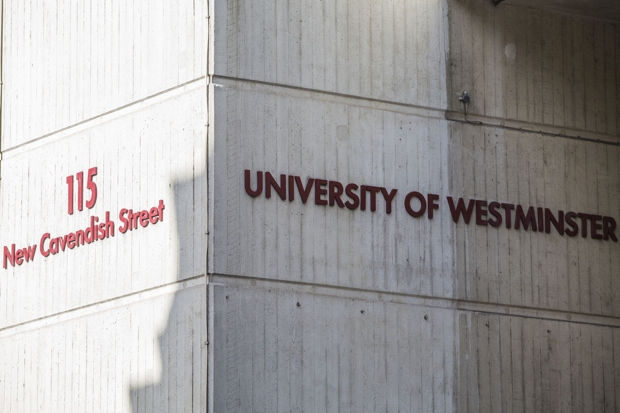Last month, the government’s Counter-Terrorism & Security Bill became law. One provision is the legal obligation it places upon ‘specified authorities’ to ‘prevent people from being drawn into terrorism’. ‘Specified authorities’ includes universities, whose vice-chancellors made several interventions as the legislation made its way through Parliament. The Education (No.2) Act of 1996 places a duty on universities and colleges to ‘ensure that freedom of speech within the law is secured for members, students and employees of the establishment and for visiting speakers’. University professors (myself included) pointed out very publicly that the Counter-Terrorism Bill, as originally drafted, seemed not to take account of this obligation. We were grateful that the House of Lords met this point, but further difficulties still abound.
No one – certainly not among my academic acquaintances – quarrels with the argument that those who incite violence should be banned from speaking on university premises. Inciting violence is in any case already a criminal offence, as is glorifying or condoning acts of terrorism.

Britain’s best politics newsletters
You get two free articles each week when you sign up to The Spectator’s emails.
Already a subscriber? Log in






Comments
Join the debate for just £1 a month
Be part of the conversation with other Spectator readers by getting your first three months for £3.
UNLOCK ACCESS Just £1 a monthAlready a subscriber? Log in